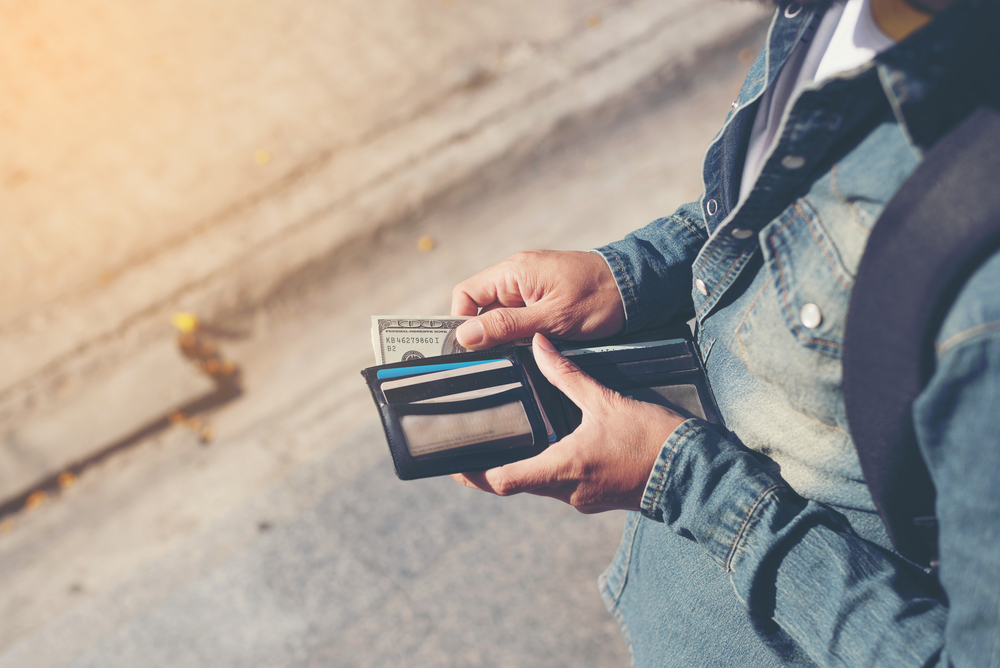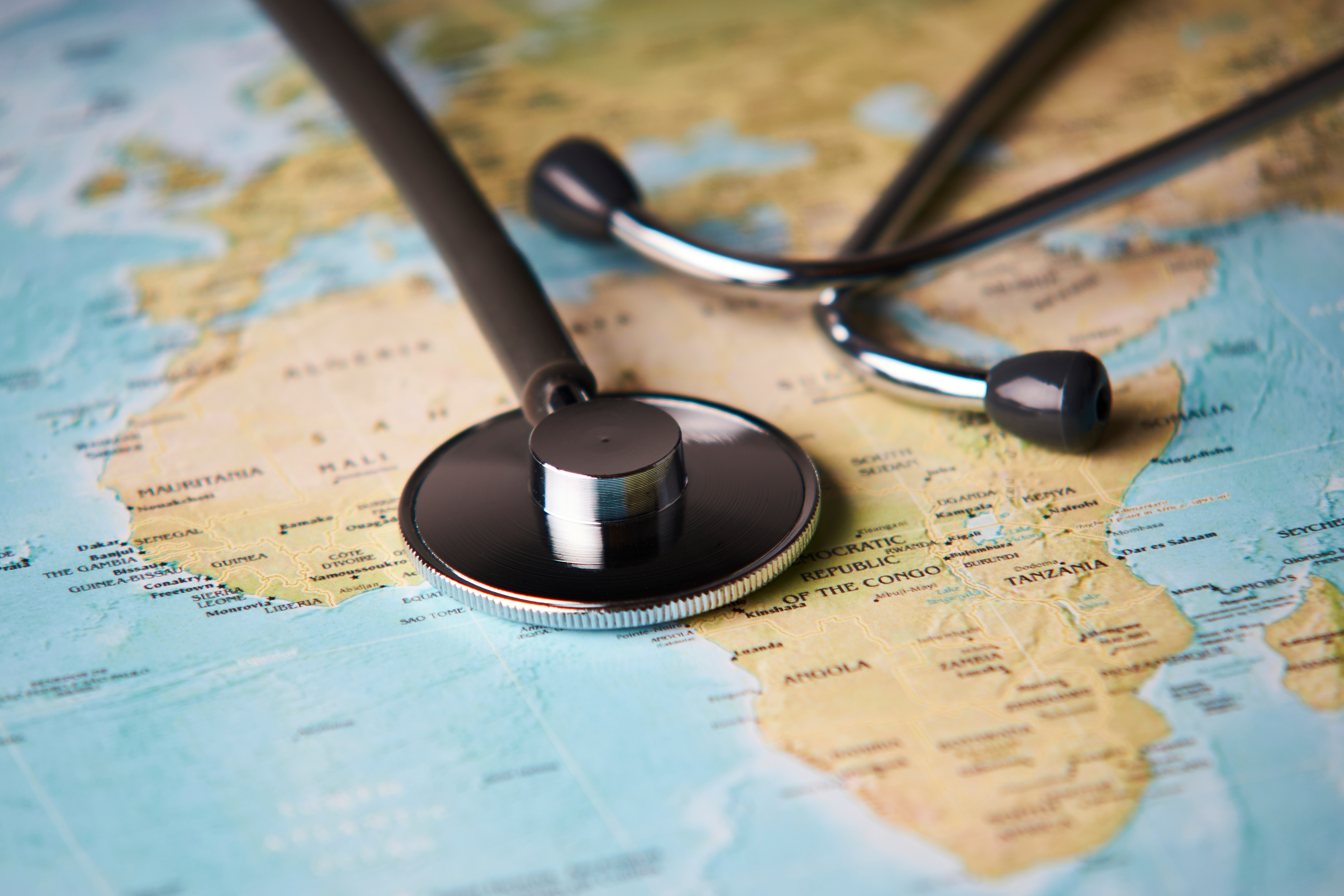
Planning your Gap Year, it’s likely you’re thinking about all of the fun things you’ll be going to do, all of the exciting places you’re going to see and all of the adventures you’re going to have. We tend to think of a trip in the best possible light, focusing on all of the positives. It’s very important to make sure that you take some time to think about what you will do if it does not all go according to plan. What will happen if the unexpected takes you by surprise? It’s important to get an emergency plan in place.
Of course, you have travel insurance that covers emergency healthcare and probably includes trip interruption coverage as well. But do you know how to use it if it’s needed? And what to do if there is an emergency that is not health related and isn’t a plane trip being cancelled or delayed? What else could throw a wrench into your plans?
- An credit or debit card gets stolen
- ATM machines aren’t working and you’re out of money
- You find yourself stranded
- Or, you are robbed
- You lose your passport or wallet
- There is a natural disaster
There are any number of things that can, and probably will, go wrong at some point on any journey. Thinking ahead about that reality and preparing mentally for that eventuality is half of the battle. That way, when it happens, you will think to yourself, “Right. Here we go. I was expecting this,” and then you can go about calmly executing your emergency plan.
Emergencies tend to fall into two categories. Financial or health and safety. There are precautions you can take to make it easier to weather the inevitable when it arises.

Avoiding Financial Emergencies
Be sure that you have options. Carrying only one debit card and relying on it solely is asking for trouble.
- Carry at least two cards
- Do not carry them together
- Carry an emergency stash of cash in a secret place (I carry two)
- Always make sure to have enough cash on hand to cover a few days
- Divide it between wallets and hiding places
- Call your banks to make sure they know you are traveling and won’t shut off your card
Dealing with Financial Emergencies
If you find yourself absolutely stranded then the best bail out procedure is to use Western Union and have someone wire some of the money you have set aside and left home in case of emergency.
Be sure that you have photographed, and stored as digital files, the front and back of all of your cards. Leave a copy with your parents or a trusted friend. Make sure that someone at home is carrying the phone numbers of the banks you use and that they have your account numbers and PINS (not stored together) so that you can access your accounts online, or over the phone if there were an emergency. Leaving a copy of everything with a trusted person at home means you have back up when you need it most.
Email the files to yourself, or store them in the cloud. Be sure that your traveler has copies as well. Don’t store PINS with account numbers, of course.

Avoiding Health and Safety Emergencies
Obviously, the best way to avoid having to use that health insurance on the road is to avoid getting sick or hurt. Eating well, sleeping well, avoiding substance abuse, getting the appropriate vaccinations and taking malaria medication where it’s indicated are all ways to minimize risk.
In addition think in advance and plan to:
- Locate health centers or hospitals upon arrival in a new place (I do this immediately)
- Locate pharmacies nearby where you are staying
- Spend a little more to stay in a place that is in a safe, well lit, area
- Not take unnecessary risks
- Prepare ahead with basic first aid and CPR classes
- Be sure your emergency contact is listed in your passport
Dealing with Health and Safety Emergencies
If you do end up in a hospital abroad, or in the middle of a natural disaster, it’s important to have a plan in place so that you know how to take care of yourself and alert the people who need to know.
Be sure to carry copies of your insurance plan, phone and policy numbers in your phone.
If you’re traveling with someone, make sure they know who each other’s emergency contacts are.
Take care of the emergency first, then notify parents and other parties as soon as possible.
Remember to carry a list of emergency contacts at all times so that they are available at a moment’s notice. Memorizing them is even better.
Gap Year Emergency Plans and Safety Agreements With Parents
When my young people travel, they carry everything with them that they would need (in terms of paperwork and policies) to deal with an emergency on their own. Our family deal is that they need to check in with either parent at least once every three days (this can be as simple as a Facebook post, I know to hunt for it before I worry) and they know that by day five, if I have not heard from them, they can expect me to be trying to track them down. They have learned, in this era of connectivity, that the path of least resistance, is to just post something once a day to Instagram or shoot me a quick “Good morning,” text and everyone stays happy. I’m forty four years old and I still do this for my mother, it’s just good manners not to make the people who raised you worry.
When my daughter needed stitches in the Milan airport, she got them, then she texted me with the gory details. When her phone was stolen in Paris a few weeks later, she filed the police reports, and then got to an internet cafe to let me know what happened and that she wouldn’t be quickly reachable for the remainder of her trip.
Action Step: Sit down and hammer out the details of your check in and emergency plan; include your parents or a trusted friend. Make sure that both parties are comfortable with, and understand the parameters. Talk through what you should do in the case of emergencies so that everyone is on the same page.
